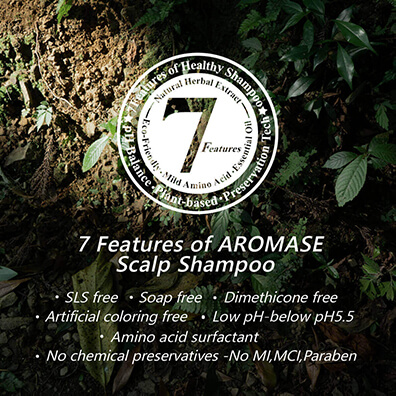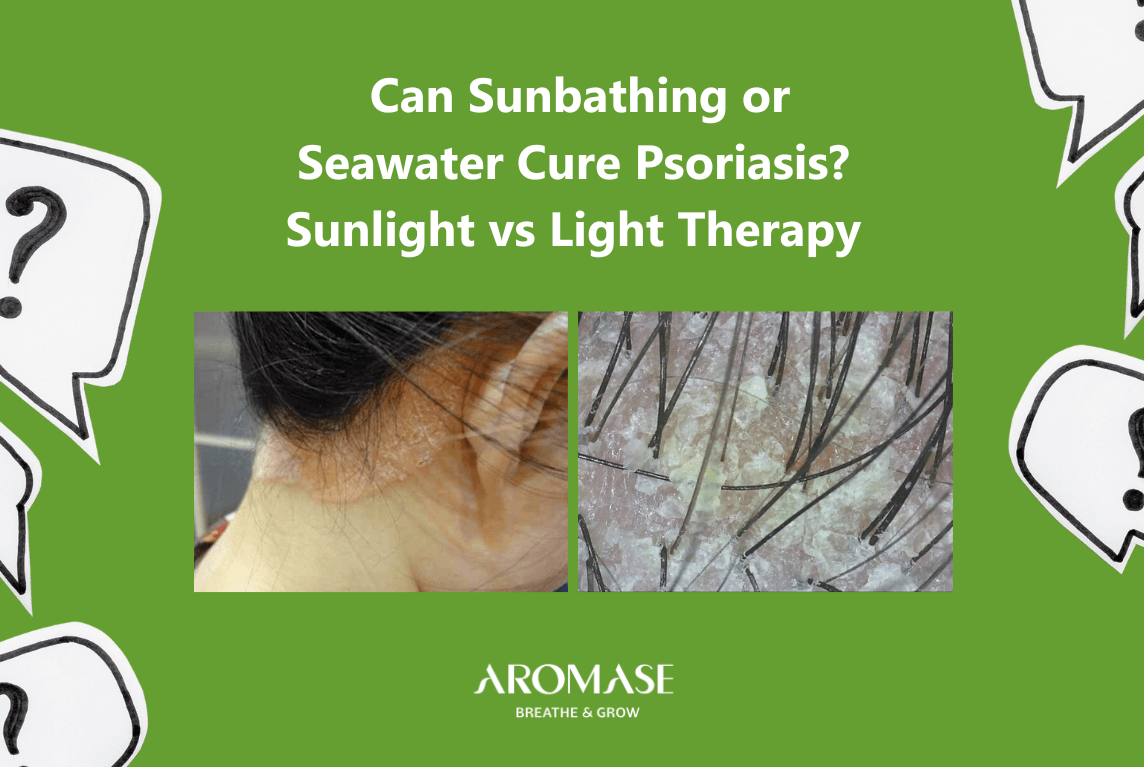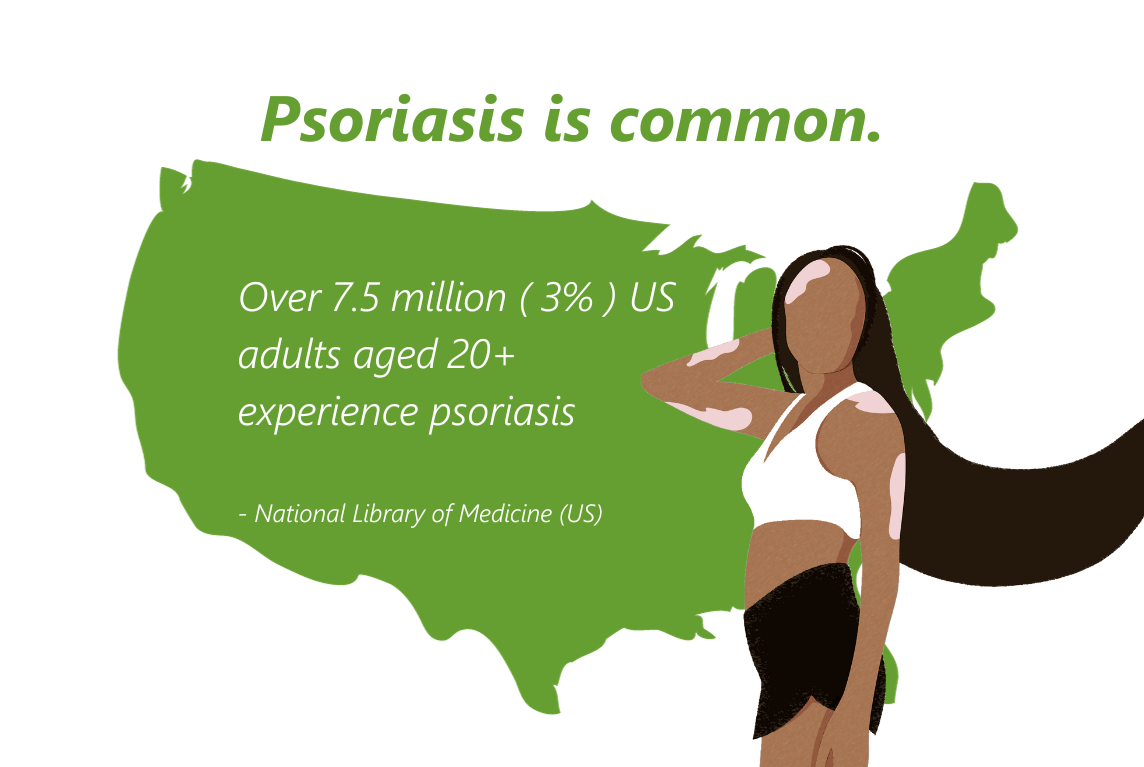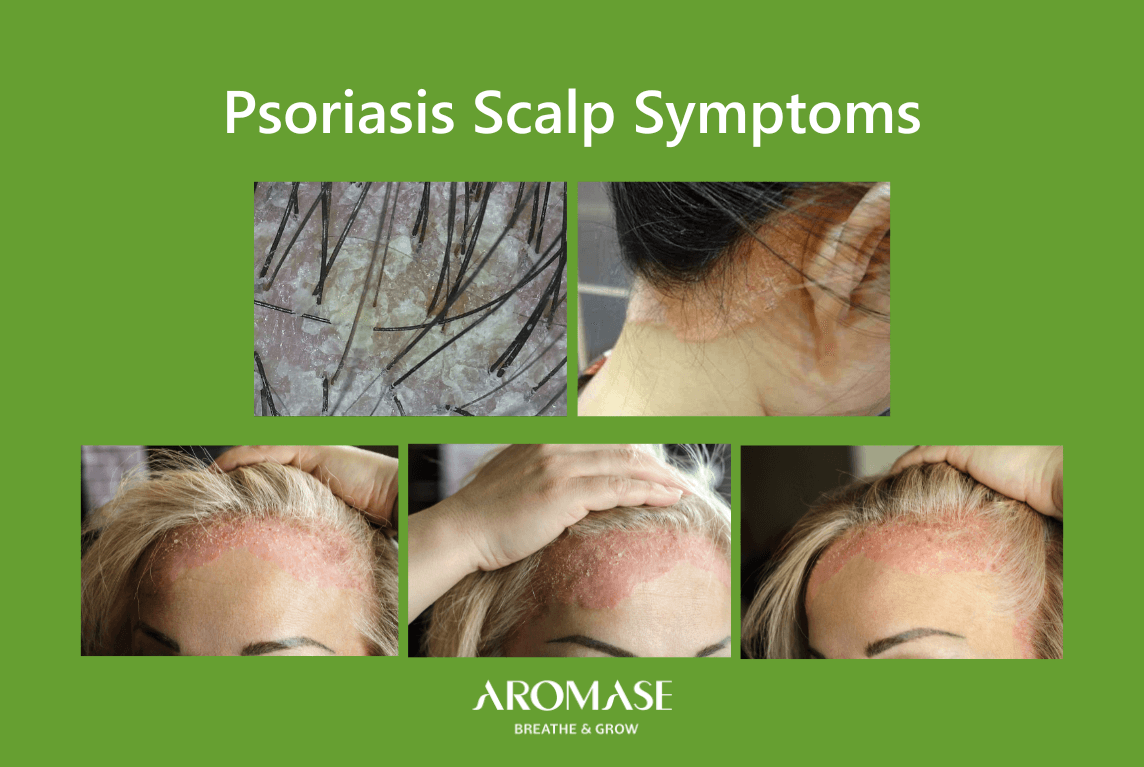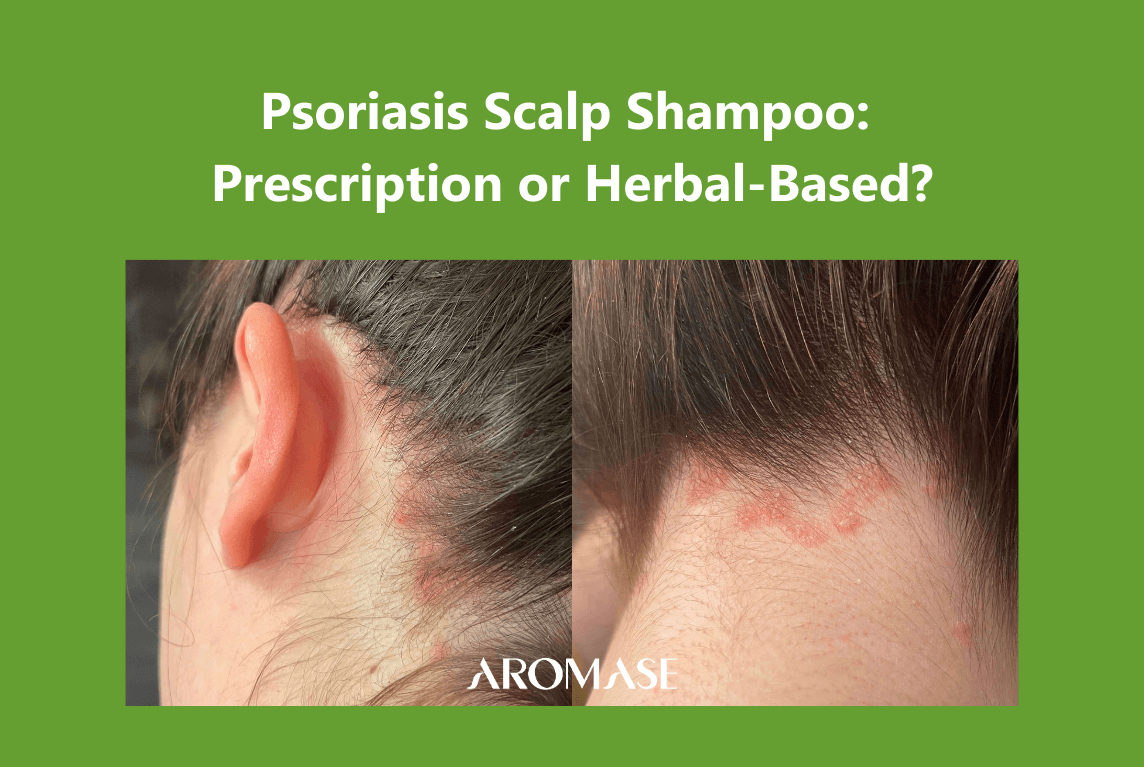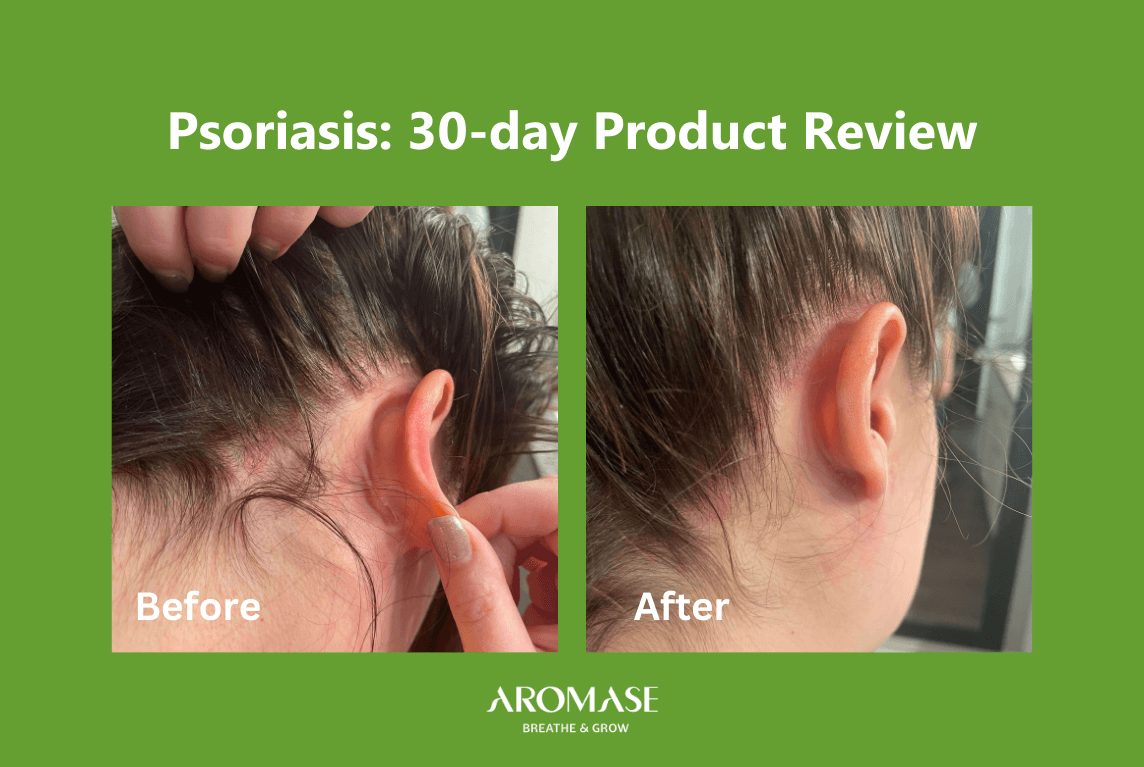Psoriasis is a common chronic autoimmune skin disease that affects over 7.5 million people (US adults). It causes red, scaly patches to form on the skin. Managing this challenging condition can be difficult, and there are many misconceptions about its causes and treatment.
Here are some common psoriasis care myths:
Scalp Psoriasis Care Myths: Is seawater safe for individuals with psoriasis?
Warm seawater might help a little with the metabolism of dead skin cells and might temporarily provide some relief for skin itching. Nevertheless, it is crucial to remain attentive to the condition of the psoriasis skin after exposure to high-salt seawater. When a patient with psoriasis develops skin wounds, it can aggravate symptoms and worsen the condition, leading to further discomfort and complications. Therefore, it is crucial to remember to hydrate the skin afterward.
Can sunlight be a sufficient replacement for light therapy?
No, it can’t. While sunbathing may provide temporary relief from skin and scalp itchiness for some patients, it is not as effective as controlled ultraviolet(UV) light therapy in treating psoriasis. UV light therapy involves a carefully measured exposure to UV rays, which helps reduce inflammation and scaling.
It’s important to note that sun exposure is not regulated like UV light therapy and can have adverse effects on the skin, potentially triggering psoriasis flare-ups. Long-term exposure to the sun’s ultraviolet (UV) rays can also increase the visibility and itchiness of psoriasis plaques.
When spending long hours outdoors, it’s crucial to apply sunscreen to your entire body. Opt for a sunscreen with SPF 30 or higher, and look for PA+++ to reduce skin irritation. Don’t forget to shield your skin further by wearing a hat and clothing that provide adequate coverage.
What is the appearance of Scalp Psoriasis ?
Psoriasis on the scalp can appear in a variety of ways, but some of the most common features include:
- Red, scaly patches
- Thickened, crusty plaques
- Silvery-white scales
- Itching and burning
- Soreness and tenderness
- Hair loss
Psoriasis lesions on the scalp can be small and isolated, or they can cover large areas of the scalp. They can also be mild or severe. In some cases, psoriasis lesions can extend to the forehead, ears, and back of the neck.
Effectively Care for a Psoriasis Scalp?
The crucial aspect of successful treatment lies in minimizing flare-ups and ensuring proper hydration for the scalp.
For daily scalp care, it is also recommended to use some anti-inflammatory or medicated shampoo to maintain a good and healthy scalp. Common anti-inflammatory ingredients include:
- Glycyrrhetinic Acid Complex: Our herbal formula effectively alleviates scalp redness and itchiness. It’s a safe option for long-term use that is suitable for everyone.
- Salicylic acid: It can help soften and remove dandruff. A few people may experience side effects such as irritation from salicylic acid, so please be careful after use.
- Pine tar: Pine tar is thought to work by reducing inflammation and helping to remove dead skin cells. It has a strong, distinctive smell.
- Steroid Shampoo: Reduce scalp inflammation and itching. This is typically used for a “short period”, not for long-term use.
Tips on How to Stay Peace with Psoriasis
Accept that psoriasis is a chronic condition. There is no cure for psoriasis, but it can be managed with treatment. Remember, don’t let psoriasis define you. Psoriasis is just one part of who you are. It does not have to control your life.
- Educate yourself about psoriasis. The more you know about your condition, the better equipped you will be to manage it. There are many resources available online and in libraries that can teach you about psoriasis, its symptoms, and its treatments.
- Find a healthcare team that you trust. A good healthcare team can provide you with the support and guidance you need to manage your psoriasis. Your healthcare team may include a dermatologist, a primary care physician, and a mental health professional.
- Develop a treatment plan that works for you. There is no one-size-fits-all treatment for psoriasis. What works for one person may not work for another. Work with your healthcare team to develop a treatment plan that is tailored to your individual needs.
- Be patient and persistent. Managing psoriasis takes time and effort. There will be good days and bad days. Don’t get discouraged if you don’t see results immediately. Just keep working with your healthcare team and following your treatment plan.
- Take care of yourself. Eating a healthy diet, getting regular exercise, and getting enough sleep can all help to improve your psoriasis symptoms. It is also important to manage stress, as stress can trigger psoriasis flares.
- Connect with psoriasis support groups. Talking to other people who understand what you are going through can be very helpful.
Scalp Psoriasis Warriors Wanted: Rewrite Your Scalp Story.
If you or someone you love is navigating the challenges of scalp psoriasis, this is your invitation. Become one of AROMASE Scalp Psoriasis Warriors and be part of a real change. Join our trial program, explore gentle solutions, and take a powerful step toward comfort, clarity, and confidence. Learn more and apply today.

